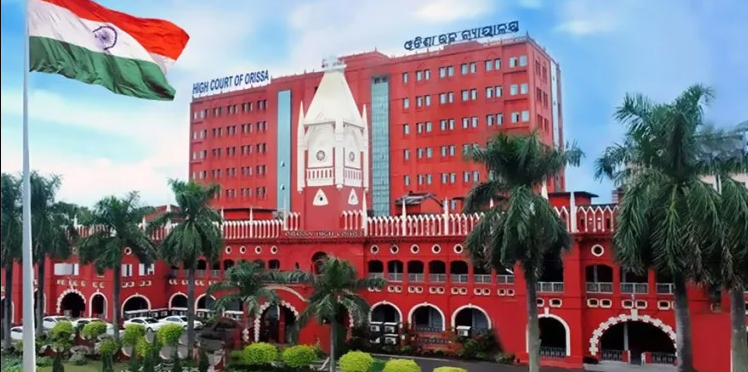Bhubaneswar: The Orissa High Court has held that ‘customers’ cannot be prosecuted under Sections 370(3) and 370A(2) of the Indian Penal Code (IPC) for trafficking and sexually exploiting sex workers when no evidence is available on record that such persons were trafficked by them or they had knowledge about such trafficking. “Though exceptions to the judicial trend of exonerating the customers under the Act, 1956 are limited, on the strength of weak evidence the customer cannot be tried for under the provisions under Sections of Immoral Traffic (Prevention) Act, 1956. It is only when the customer performs his role of procuring the women for another, the offence under Section 370A IPC could be employed into action against the customer,” said the single bench of Justice Sibo Sankar Mishra, while clarifying the liability of ‘sex-customers’.
On May 19, 2018, a raid was conducted at a spa under Capital police limits here when seven girls were found in compromising positions with some customers, including the petitioners. After verification of their passports and visas, police found that all the girls were from Thailand and were in the age group of 27-35. Following an investigation, police filed a chargesheet against the accused, including the petitioners, under Sections 3, 4, 5, 6, and 7 of the Immoral Traffic (Prevention) Act, 1956, and 370(3) and 370A(2) of the IPC. The petitioners approached the HC seeking to quash cognisance taken by the lower court against them under Sections 370(3) and 370A(2) of the IPC. The petitioners’ counsel argued that his clients are neither the owners of the spa nor the managers. They were mere customers. They had no clue regarding the identity of the girls and they were also unaware of the age of the girls and if the victims were trafficked. The petitioners’ counsel urged the HC to quash Sections 370(3) and 370A(2) of the IPC against his clients. The HC observed that Section 370(3) of the IPC provides for punishment of offence involving the trafficking of more than one person.
Similarly, Section 370A(2) prescribes punishment for a person who knowingly or having reason to believe that a person has been trafficked, engages such person for sexual exploitation in any manner. The court noted that statements of none of the girls were recorded by the police under Section 161 of the CrPC and they were also not cited as prosecution witnesses. “Therefore, the allegation that the girls were trafficked and thereafter sexually exploited is a matter mentioned in the narration of the chargesheet but there is no evidence collected and placed before the court. In the absence of such evidence likely to come on record, securing a conviction against the petitioners is impossible,” it added. The court further observed that the petitioners were only the customers of the spa where other accused persons were allegedly running a ‘brothel’.
Therefore, it held the role of the petitioners in trafficking the women for sexual exploitation is not forthcoming from the evidence. “All the alleged victim girls were from Thailand, and they were adults. Nothing has come on record to suggest that they were sexually exploited; rather they were into prostitution out of their own volition. That’s what is borne out from record,” it held. In the present case, the court held none of the girls have stated that they were sexually exploited or abused sexually or they were trafficked.






































